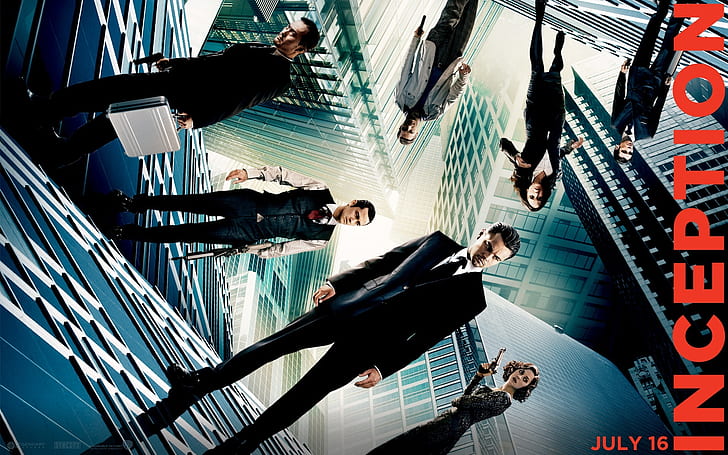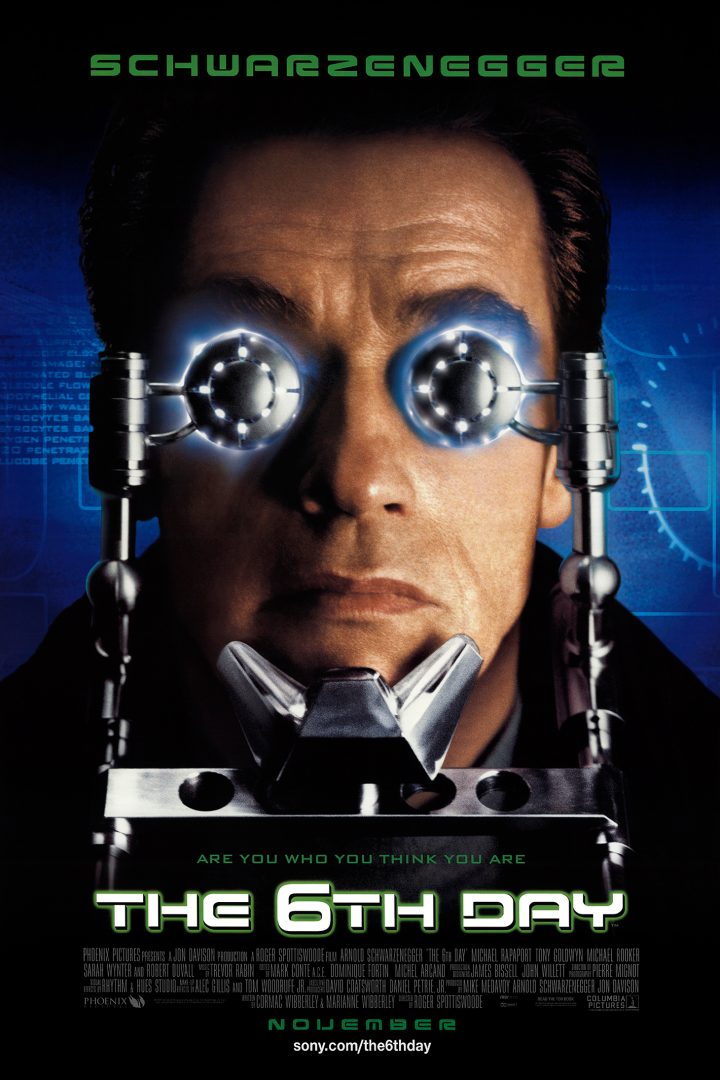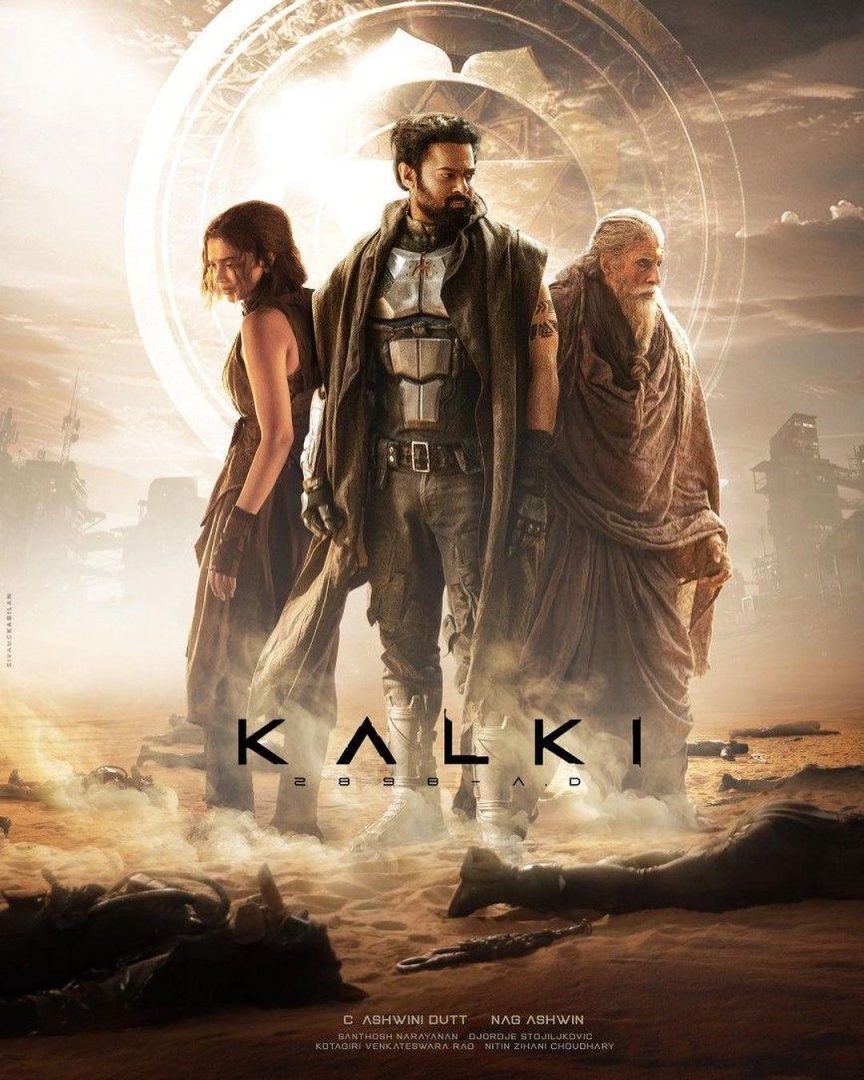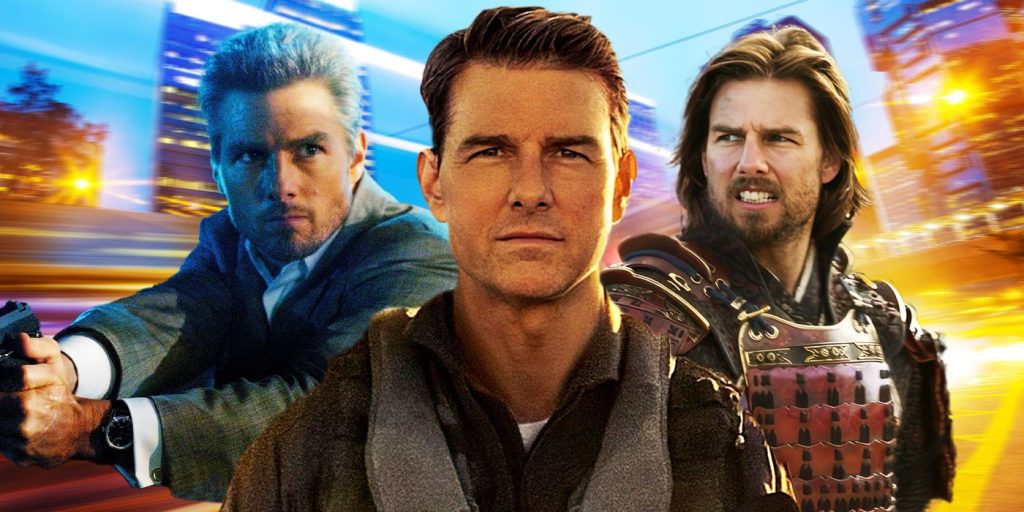The beauty of science fiction lies not just in its spectacle, but in its ability to stretch our imagination to its limits. While many sci-fi films explore familiar territory—space battles, time travel, dystopias—there are those rare gems that dare to ask entirely different questions. These unique sci-fi films challenge narrative norms, bend reality, and leave us thinking long after the credits roll.
In this article, we dive into the most original and conceptually bold sci-fi films ever made—movies that didn’t just entertain, but reinvented what the genre could be.
Why Originality Matters in Science Fiction
In an age of sequels and cinematic universes, original storytelling in sci-fi feels more valuable than ever. The best science fiction isn’t just about technology—it’s about ideas, philosophy, and human potential or peril.
“The most powerful science fiction stories are the ones that make you feel something human within something completely unreal.”
— Lisa Melton, Futurism & Film Scholar
Original sci-fi concepts expand the genre’s range, offering new mechanics of time, radical theories of consciousness, or unconventional alien contact. These aren’t just “different for different’s sake”—they’re brilliant exercises in creative world-building and intellectual risk.
Top Sci-Fi Films That Redefined the Genre
These films didn’t just add something new to sci-fi—they reshaped it. Let’s explore five of the most conceptually unique science fiction movies ever made.
Inception (2010)
Few films in modern cinema have captured the collective imagination like Inception. Directed by Christopher Nolan, it introduces the idea of dream-sharing technology, where thieves hack into the subconscious through multi-layered dreams.
The narrative’s dream-within-a-dream structure, paired with haunting visuals and a chillingly ambiguous ending, makes it one of the most mind-bending cinematic experiences of the 21st century.
“You’re waiting for a train… a train that will take you far away.” — Mal

Primer (2004)
Made on a budget of just $7,000, Primer is a masterclass in minimalist, brain-warping sci-fi. It explores the paradoxes of time travel, focusing on two engineers who accidentally invent a machine that can move backward in time.
But unlike most time-travel films, Primer leans heavily into realism, physics, and ethics. The plot unfolds in a non-linear, almost opaque way, forcing viewers to puzzle it together across multiple watches.
This is sci-fi for the thinkers—those who want to work for their movie payoff.

The Matrix (1999)
Before The Matrix, most people hadn’t considered that their reality could be a simulation. Combining philosophical inquiry, martial arts, and digital aesthetics, this groundbreaking film asks: What if the world we know is a computer-generated illusion?
Its impact on pop culture is undeniable. From “red pill” ideology to Bullet Time cinematography, The Matrix redefined sci-fi as a medium for existential questions and slick action.
Eternal Sunshine of the Spotless Mind (2004)
This Michel Gondry–directed gem blends science fiction and romantic drama to explore the concept of erasing memories after heartbreak. But rather than going full Black Mirror, it delivers a raw, emotional, and beautifully chaotic look at love, loss, and identity.
The concept of medical memory erasure is just the sci-fi skeleton; the heart of the story is deeply human.
“Blessed are the forgetful, for they get the better even of their blunders.” — Friedrich Nietzsche

Edge of Tomorrow (2014)
Starring Tom Cruise and Emily Blunt, Edge of Tomorrow takes the well-worn alien invasion trope and injects it with a clever time-loop mechanic. Every time the protagonist dies, he restarts the day—retaining knowledge to survive longer each round.
It’s Groundhog Day meets Starship Troopers, but smarter. The film keeps the tension high while offering commentary on adaptation, strategy, and second chances.

Image Source: Reddit – Surreal and concept-heavy science fiction
In the second half of this article, we’ll dive into lesser-known sci-fi masterpieces like Ikarie XB-1, The City of Lost Children, and Under the Skin—films that may not be box office hits but deliver genre-defying narratives that push the limits of storytelling.
Ikarie XB-1 (1963)
Long before 2001: A Space Odyssey, there was Ikarie XB-1. This Czech science fiction film imagines a future where a crew embarks on a mission to a mysterious star system, grappling with isolation, internal tension, and strange cosmic phenomena.
It’s an early example of slow-burn, psychological sci-fi—less about explosions, more about the fragility of the human condition in space.
“You can feel Kubrick’s fingerprints here, even though this came before him.” — Film Comment, Retrospective 2023
The City of Lost Children (1995)
A visual fever dream, The City of Lost Children blends steampunk aesthetics, fairy-tale surrealism, and haunting sci-fi to tell the story of a mad scientist who steals children’s dreams. Directed by Marc Caro and Jean-Pierre Jeunet, the film’s world-building is rich, grim, and utterly original.
Its dream logic and grotesque charm make it one of the most visually imaginative sci-fi films ever made.
Fantastic Voyage (1966)
A Cold War-era classic with an unforgettable premise: a crew is miniaturized and injected into a human body to perform life-saving surgery. Fantastic Voyage combines biological science, tension, and adventure in a way few films ever have.
It’s not just fun—it’s visionary. And for fans of movies like Honey, I Shrunk the Kids, this is the original brainchild.
Under the Skin (2013)
In this haunting, hypnotic film, Scarlett Johansson plays an alien in human disguise, preying on men in Scotland. What sets Under the Skin apart is its refusal to explain anything explicitly. It’s minimalist, abstract, and deeply atmospheric.
Rather than focusing on alien tech or conquest, it interrogates identity, empathy, and what it means to be human.
Arrival (2016)
Directed by Denis Villeneuve, Arrival flipped the alien invasion narrative into a linguistic, emotional, and philosophical experience. Based on Ted Chiang’s short story Story of Your Life, the film explores non-linear time perception through communication with heptapod aliens.
It’s as much about grief and memory as it is about extraterrestrial contact—and that’s what makes it revolutionary.
Honorable Mentions: Conceptually Bold Sci-Fi Films
Some films don’t fit neatly into categories but still deserve a nod for their ambition and originality:
- Coherence (2013) – An indie thriller about a dinner party gone multiversal.
- Annihilation (2018) – A surreal dive into biology and self-destruction.
- Timecrimes (2007) – A tightly-wound Spanish time-travel film that keeps looping in on itself.
- Solaris (1972 & 2002) – Both versions offer deep meditations on memory and cosmic guilt.
What Makes a Sci-Fi Film Truly Unique?
A unique sci-fi film doesn’t rely solely on visual effects or futuristic tech. It presents an idea—often one that challenges us to think differently.
Here’s what usually defines standout originality in the genre:
- Concept-driven storytelling – Plot revolves around a central, high-concept idea.
- Narrative experimentation – Nonlinear timelines, unreliable narrators, or dream logic.
- Philosophical or emotional exploration – Tackles identity, memory, consciousness, or morality.
- Genre-blending – Combines sci-fi with romance, horror, noir, or surrealism.
- Atmospheric world-building – Fully immersive environments that feel lived-in and distinct.
“The best sci-fi doesn’t predict the future—it reflects our present through a twisted, imaginative lens.”
— Jason Clare, Film Theory Lecturer, University of Edinburgh
Final Thoughts: Why We Need Bold Sci-Fi Now More Than Ever
In a world flooded with sequels, franchises, and formulaic storytelling, unique sci-fi films are a refreshing breath of intellectual and emotional air. They remind us that science fiction isn’t just about aliens and gadgets—it’s about asking what if in the deepest, most meaningful sense.
These films challenge perception, redefine reality, and often leave you with more questions than answers. But in doing so, they achieve what all great art aims for: transformation.
So next time you’re scrolling for something to watch, skip the safe picks—and dive into something strange, profound, or beautifully confusing. It might just expand your universe.


